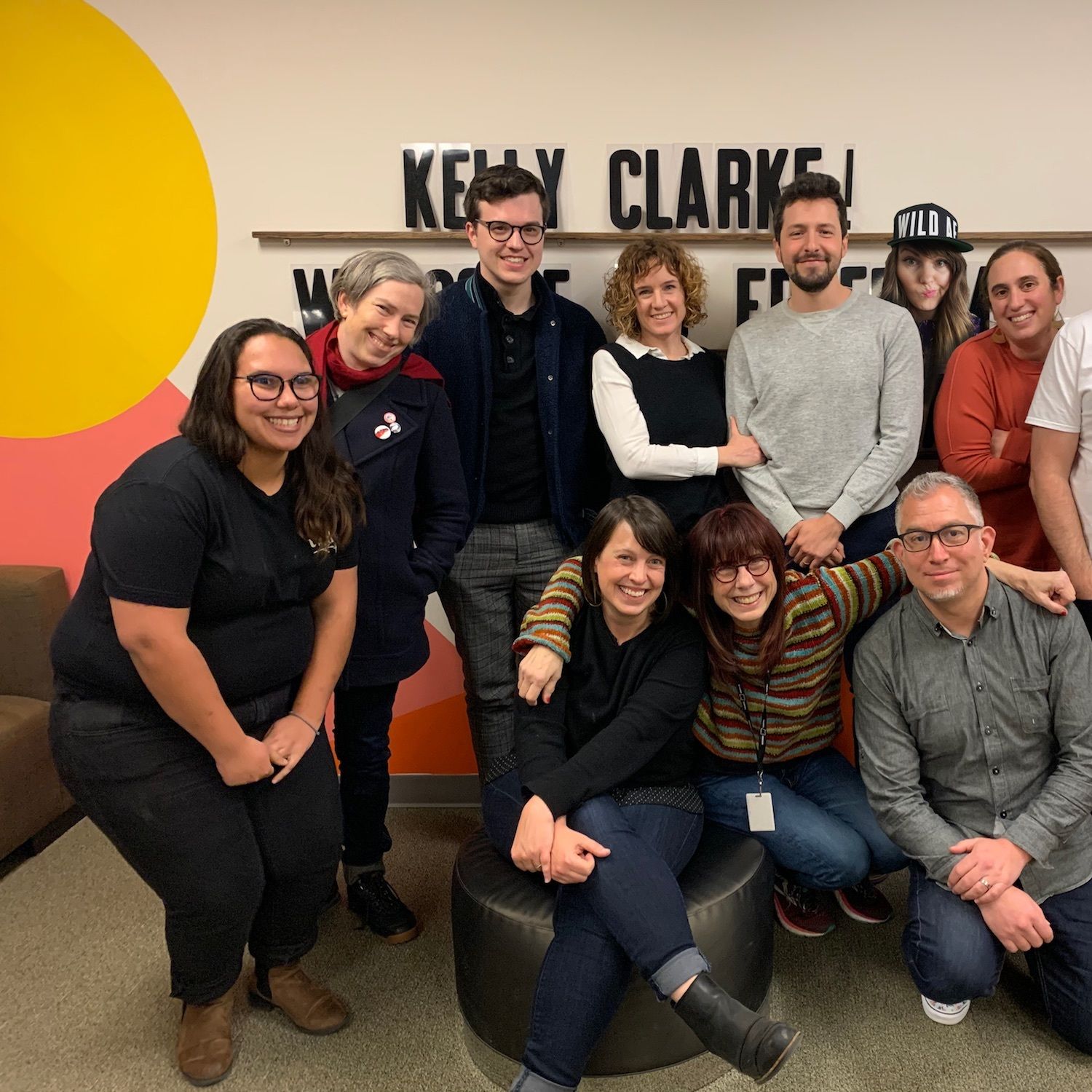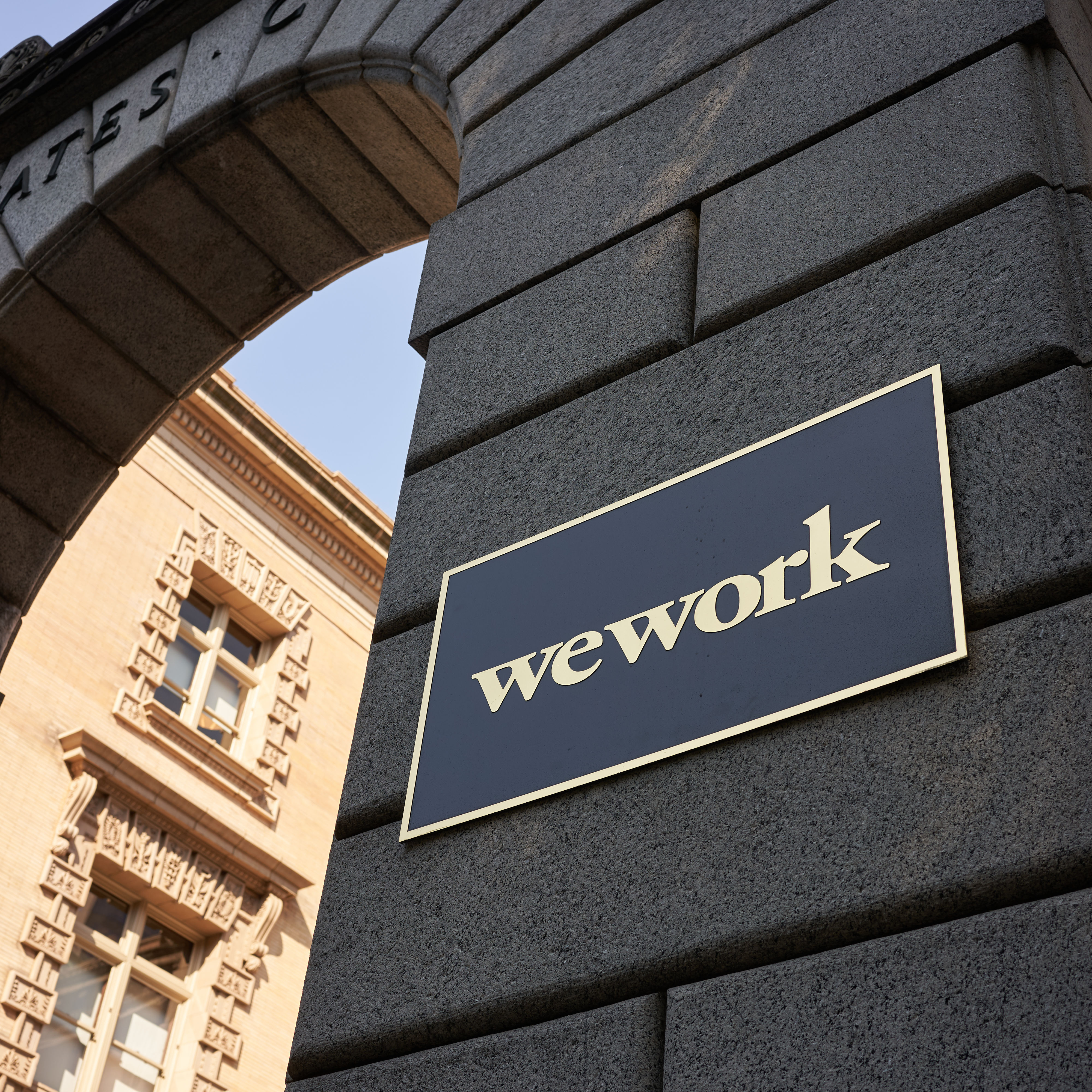Paid Family Leave Finally Lands in Oregon

Image: Jack Dylan
Time was, paid parental leave was a perk reserved for the luckiest of Oregonians, offered solely at the kinds of top-tier corporations that could afford to be generous.
When electrical engineer Karina Hershberg had her first child in 2014, she wasn’t one of the lucky ones. Instead, she stretched out her unpaid leave from local firm PAE for as long as she could, but as the primary wage earner in her family, she could afford only seven weeks off.
“It was nowhere near enough time,” she says now. “The company did the best they could within the available framework, but that wasn’t enough.”
Stories like this have been all-too-common in Oregon, but that’s about to change: in 2019, after 10 years of a precise lobbying effort, the state legislature passed the nation’s most comprehensive paid leave law, paving the way for Oregon to be a proving ground for a national effort. (Currently, federal law calls for 12 weeks of unpaid leave for most employees, making the U.S. the only industrialized nation without paid family leave on the books.)
Starting in 2023, any employee who earns more than $1,000 a year can receive 12 weeks of paid leave after giving birth, after adopting a child, or to help care for a newborn or a sick loved one. The law is gender neutral and makes a point of covering minimum wage earners, part-time workers, and undocumented immigrants. The program is funded via payroll contributions, from both employers and workers, though businesses with 25 or fewer employees won’t have to pay into the program to get the benefits.
“It’s the best law in the country to date,” says Amy Beacom, the Portland-based founder of the Center for Parental Leave Leadership, which helps businesses set up their in-house programs.
“Annually, it costs us less than truck repairs,” says Ben Verhoeven, the owner of Albany-based family farm Peoria Gardens, an early paid-parental-leave adopter for its 25 year-round employees. “And we have 100 percent certainty that it has increased our ability to retain and recruit key employees.”
Indeed, parental leave has proven as beneficial for employers as for parents. Hershberg’s employer, PAE, reports that turnover at the company has dropped by about 12 percent per year since voluntarily instituting 12 weeks of paid leave in 2017. Hershberg had her second child just after the new policy was implemented.
“It was such a different experience,” she recalls. “All I had to do was focus on the baby and on healing. It was an incredibly positive time that would not have been possible if it were not paid.”
“We are retaining institutional knowledge and valuable skill sets,” says PAE’s “chief people officer,” Shiloh Butterworth, adding they’ve since explored other ways to build a more flexible workplace, like allowing new parents to ramp back up instead of returning full-time. “We can’t change an industry unless we are willing to change ourselves first.”














